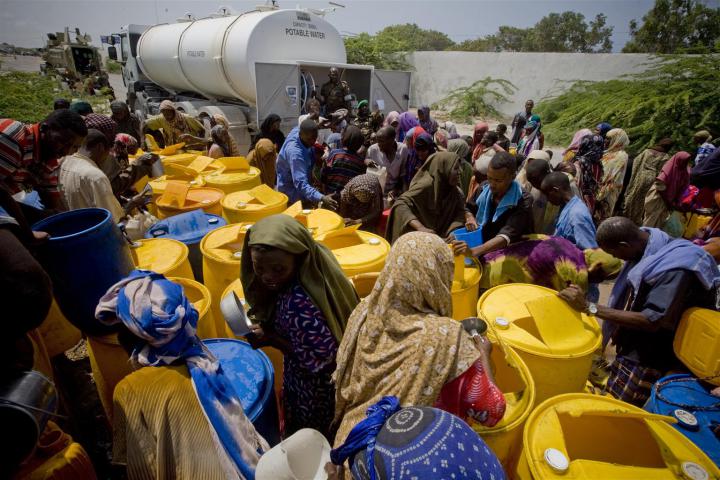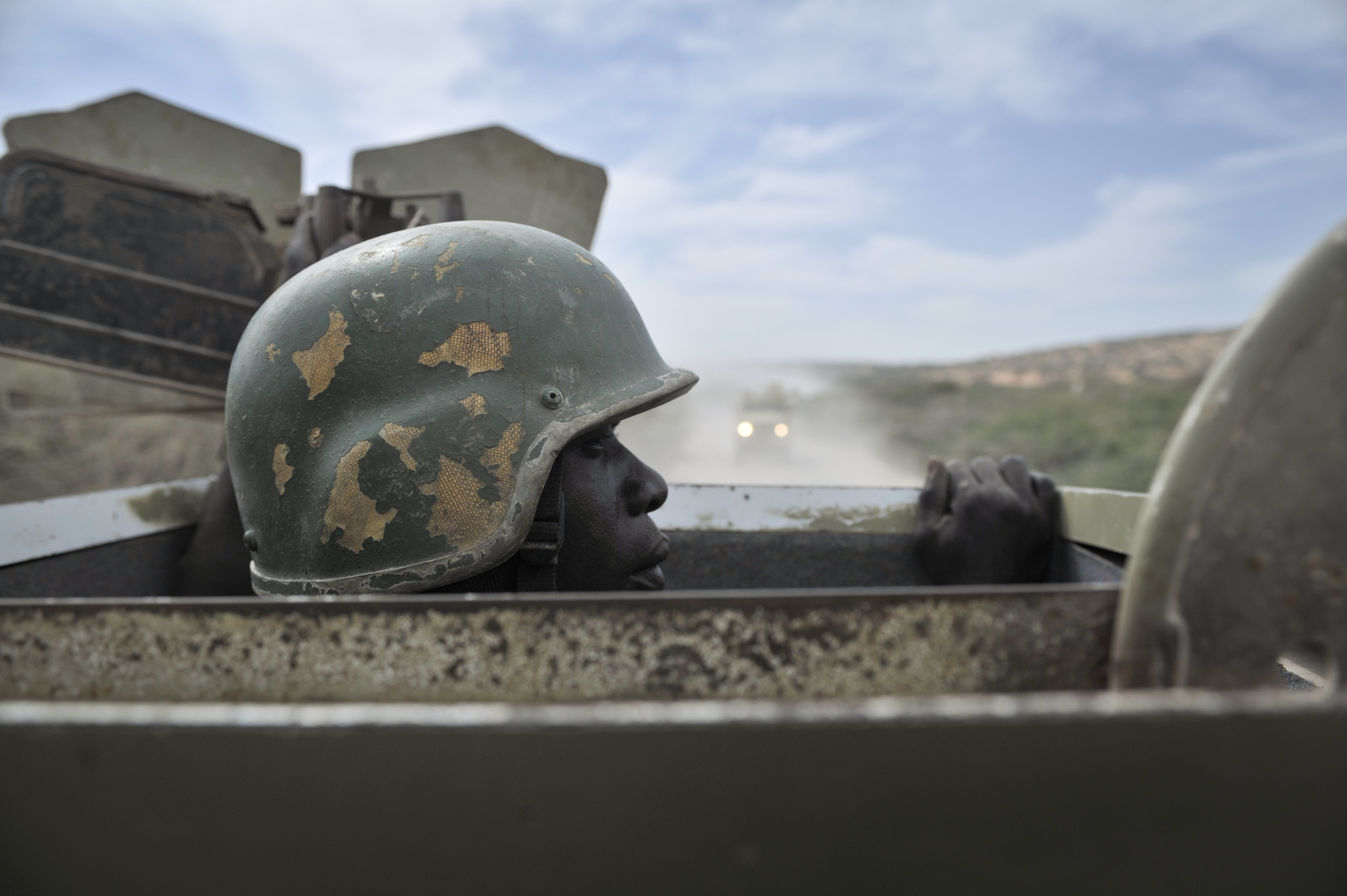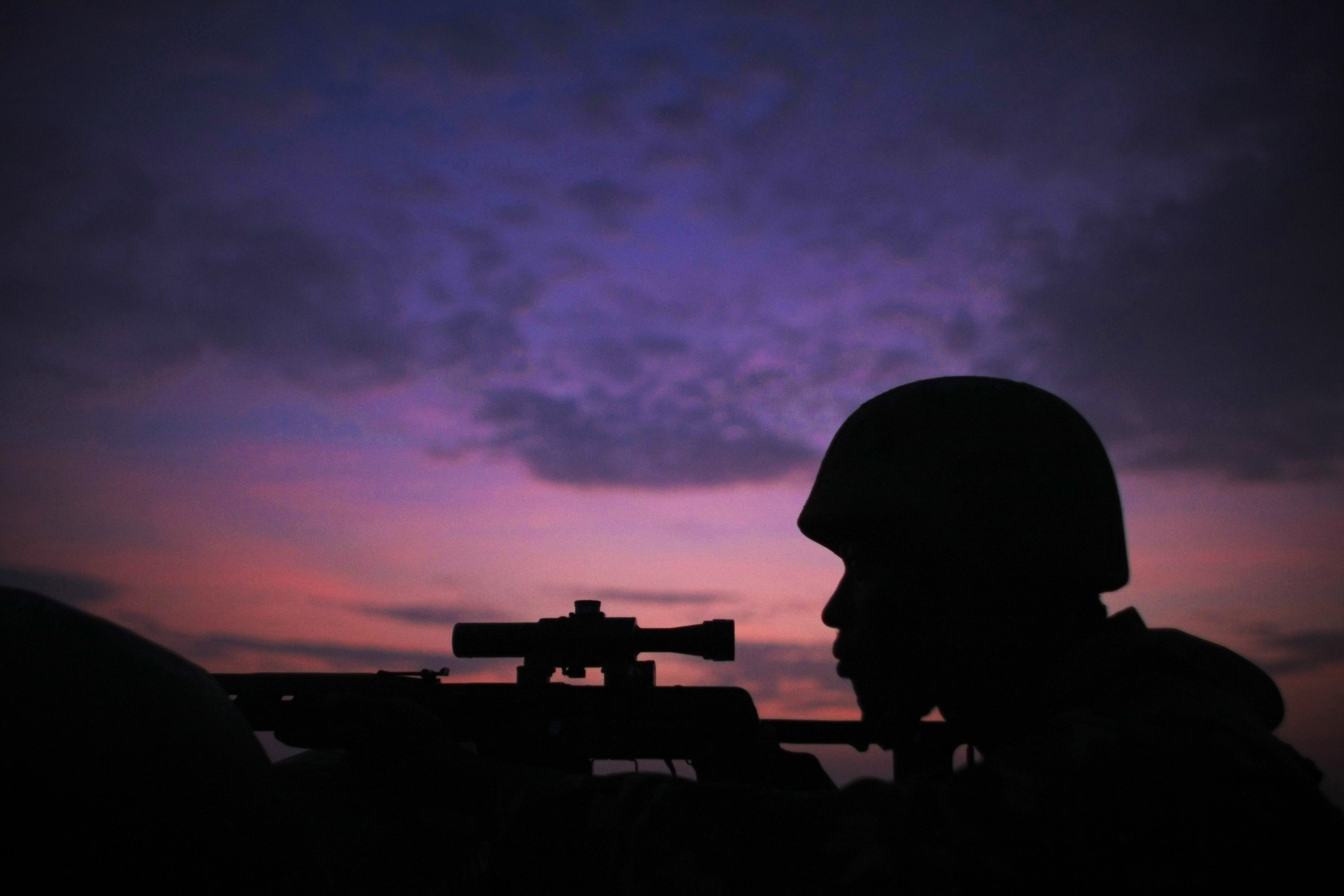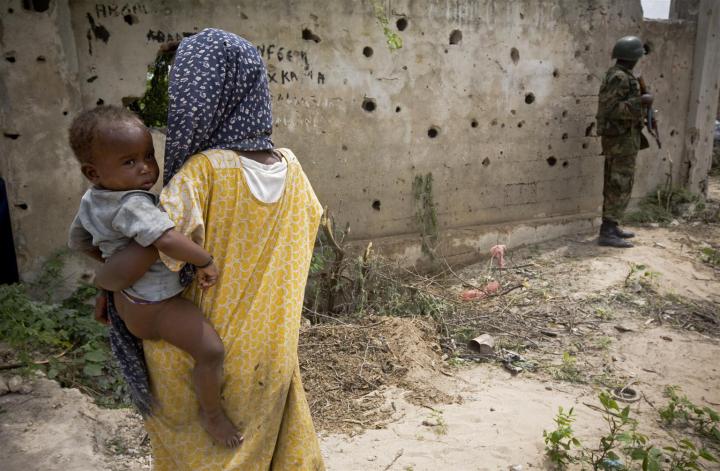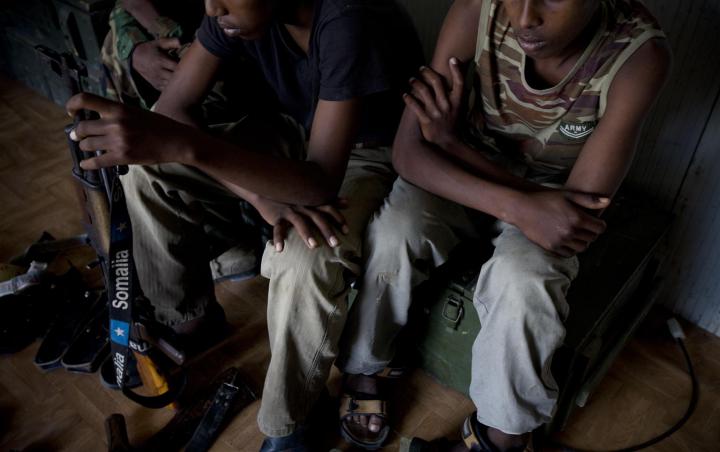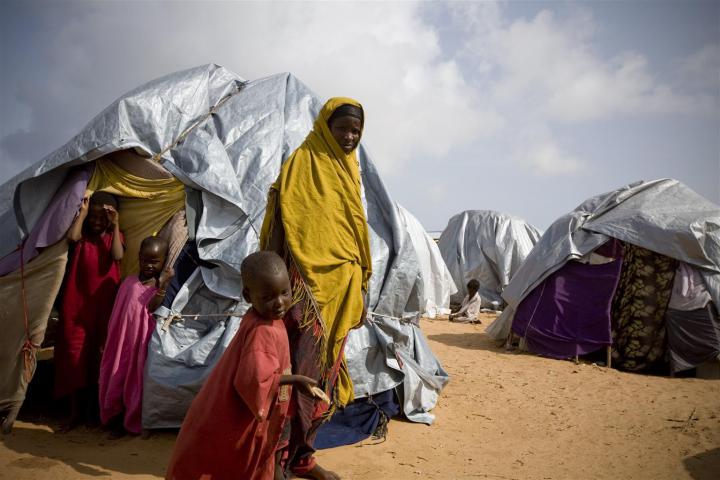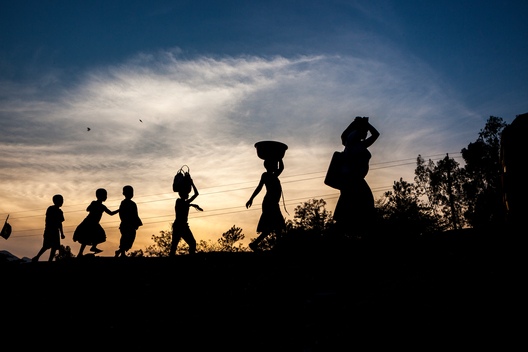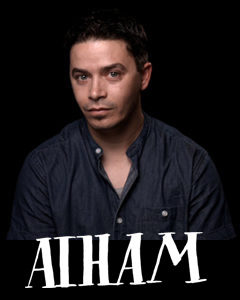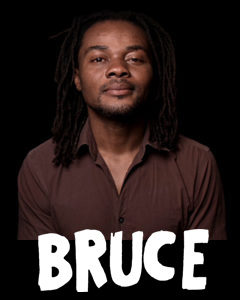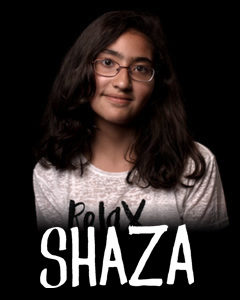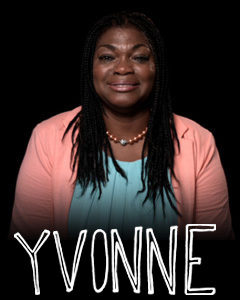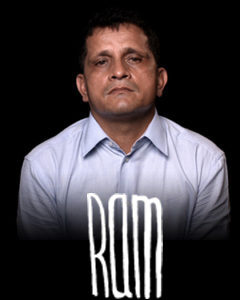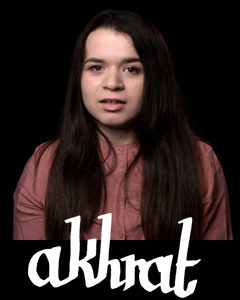Disasters & Conflicts: Somalia. Civil war, 1960-2000
After the deposing of President Siad Barre in 1991, various warlords and clans battle one another for power, in a country without a government, without laws, but with an awful lot of weapons.
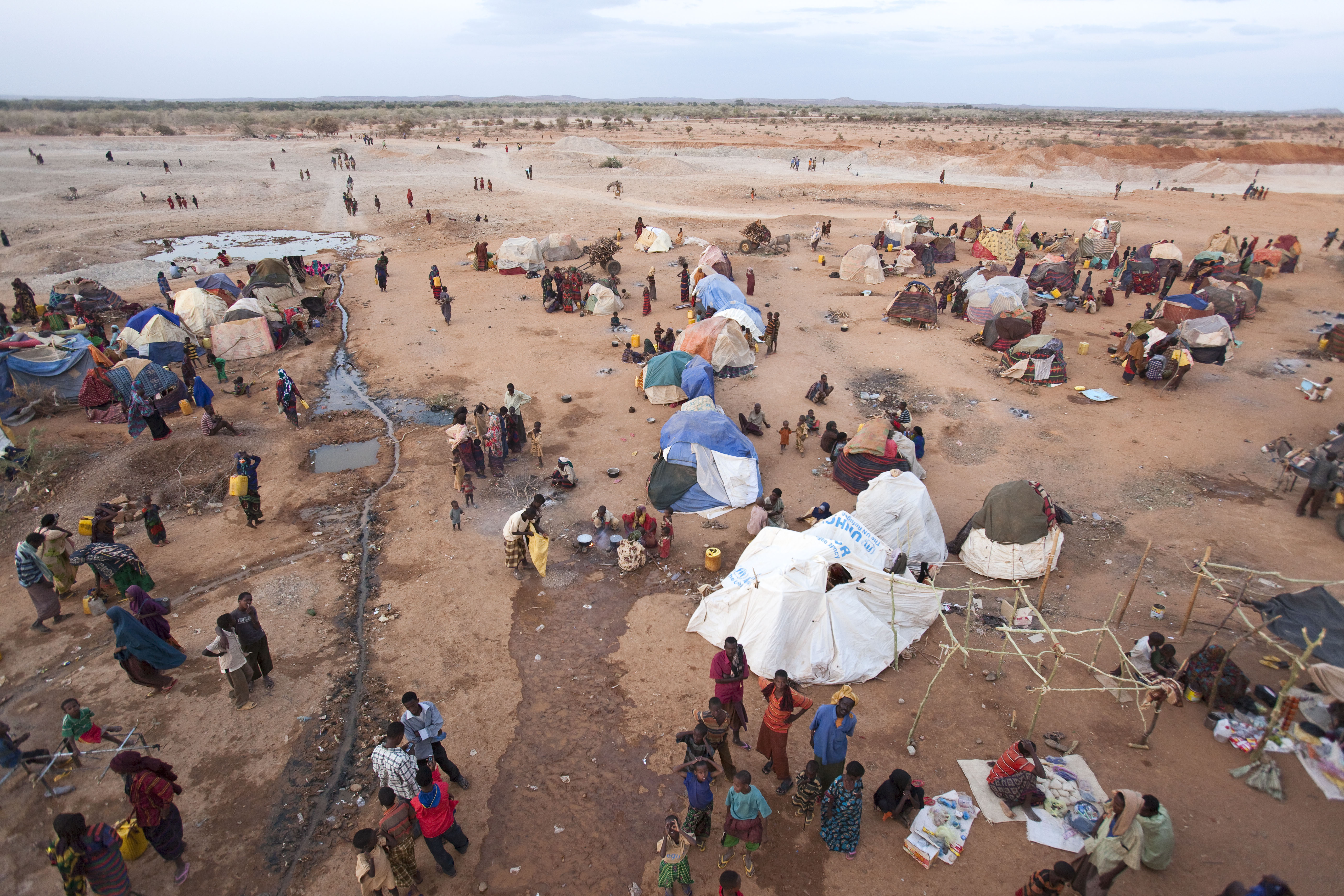
Somalia. Civil war, 1960-2000
Country: Somalia
Period: 1992-present
Type of conflict: Civil war
Conflict: Warlords, clans, Islamists and other groups battle against one another for power
Parties involved: Government, numerous clans and warlords, Islamic organizations, Ethiopia, Kenya, UN, USA
Estimated number of victims: 3 million refugees. Some 1.35 million people have fled their homes within the country
After the deposing of President Siad Barre in 1991, various warlords and clans battle one another for power, in a country without a government, without laws, but with an awful lot of weapons. Peace reigns in parts of the north only, where regions declare independence. Many efforts are made to set up a new parliament, but without success owing to the recurring violence. In 2006, radical Islamic groups linked to the international Al-Qaeda movement become involved in the conflict. Somalia also faces drought and famine, which claim half a million lives in 1992, and again in 2010-2012. It is not until 2012 – after 20 years – that an official parliament opens in the capital. Somalia has one of the largest refugee populations in the world.
Without a government or police force to patrol the coast, international fishing fleets can plunder the seas off Somalia. Small fishermen are victims of the situation. Poison and radioactive waste are sometimes dumped off the coast. In 1991, angry fishermen start boarding ships passing through the Gulf of Aden, the most important sea channel between the Mediterranean Sea and the Indian Ocean. Pirates take sailors hostage and demand huge ransoms from their homelands for their release. According to a Kenyan study, pirates earn over € 110 in 2009 in this way, enabling them to buy increasingly modern vessels and expensive weapons. In 2012, big countries, among them the Netherlands, acquire some control of the Gulf of Aden. A unique aspect is that captured pirates stand trial in the Netherlands.

